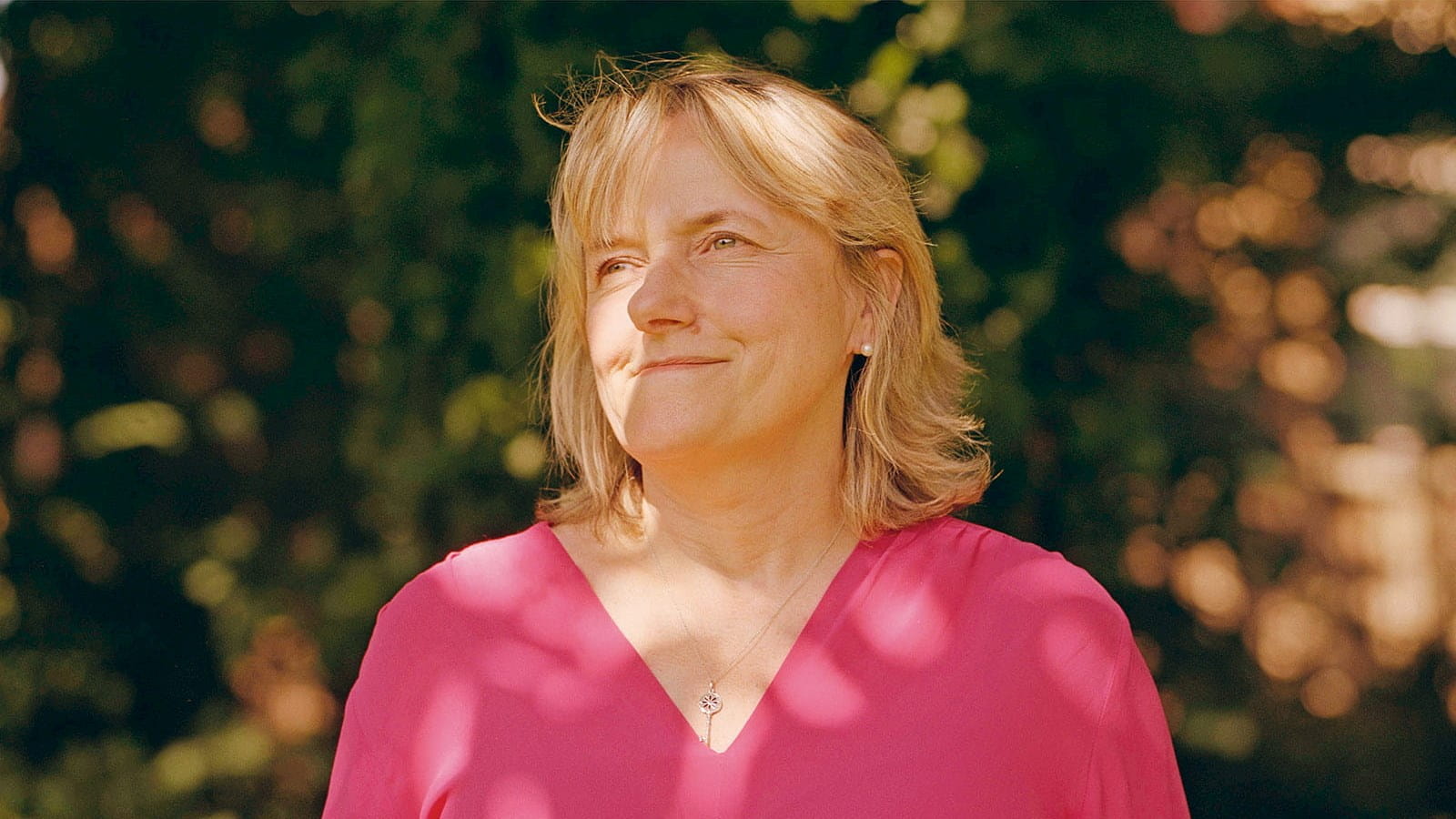Alison Ring FCA, ICAEW Director, Public Sector, discusses why she is aiming to make the public sector more of a mainstream option for accountants.
How did you get to where you are now?
After doing a law degree and qualifying with a medium-sized accountancy firm, I worked in practice for a few years before joining HMRC in 1994. I spent 25 years there, eventually as the Commissioners’ Advisory Accountant. My team would challenge individuals and companies if their accounts hadn’t been prepared in accordance with GAAP.
This might have involved reconstructing accounts to calculate the correct tax liability, appearing as expert witnesses in criminal and civil courts, or challenging tax advisers who had prepared or audited the tax figures. It was interesting dealing with all kinds of businesses and a wide range of technical queries.
Why is now a pivotal time for public sector accountancy?
The public sector hasn’t been on the careers radar for accountants in the same way as private practice or business, partly due to salary expectations but also a misunderstanding about the kind of opportunities that exist. One of my objectives is to make the public sector more mainstream.
At the same time, good financial management and the need for sound and sustainable public finances has never been more important. Accurate and relevant financial data allows you to make better policy decisions.
If government gives the public confidence and transparency in how money is spent, people will have more trust and may be happier to pay more tax because they believe in the numbers.
What is the secret to your success?
Technical knowledge is a given, but I put great store by relationships. If you have a good network, you can do anything. In my old role I was in charge of 140 people. Everyone had something to bring to the party and the sum of the parts was greater than the whole.
For years I would worry about the things I couldn’t do, but realised it’s about playing to your strengths. Don’t be afraid to say “this isn’t my area of expertise”. I’ve never worried about not knowing all the answers.
What do you wish you’d known at the start of your career?
It is possible to find a job that allows you to balance work and home life. I have three children and I found HMRC had really good flexible working.
What advice would you give to accountants starting out today?
Qualifying and working at the same time is really challenging, but enjoy it and don’t get too stressed. Have confidence in what you’re doing. Don’t forget to thank people when they do a great bit of work for you. Showing your appreciation goes a long way. Invest in your network because people want to help you. And don’t be frightened to get your hands dirty.
What was the best piece of careers advice you were given?
When my last role at HMRC came up, I was nervous about doing it. I was persuaded to try it out for six months. I needed that confidence boost. If your interest is piqued by a career opportunity, have a go. The fear shouldn’t put you off. You don’t have to do things in the same way as your predecessor – be authentic.
What should accountants be learning?
Environmental issues have been climbing the business agenda and the COVID-19 crisis gives us an opportunity to step back and base the recovery on solid and sustainable investment.
We need to make sense of the data we have. Being able to communicate the fruits of that data analysis back to the business in a way they understand is vital. Not just crunching the numbers but driving the agenda on the basis of that insight.

